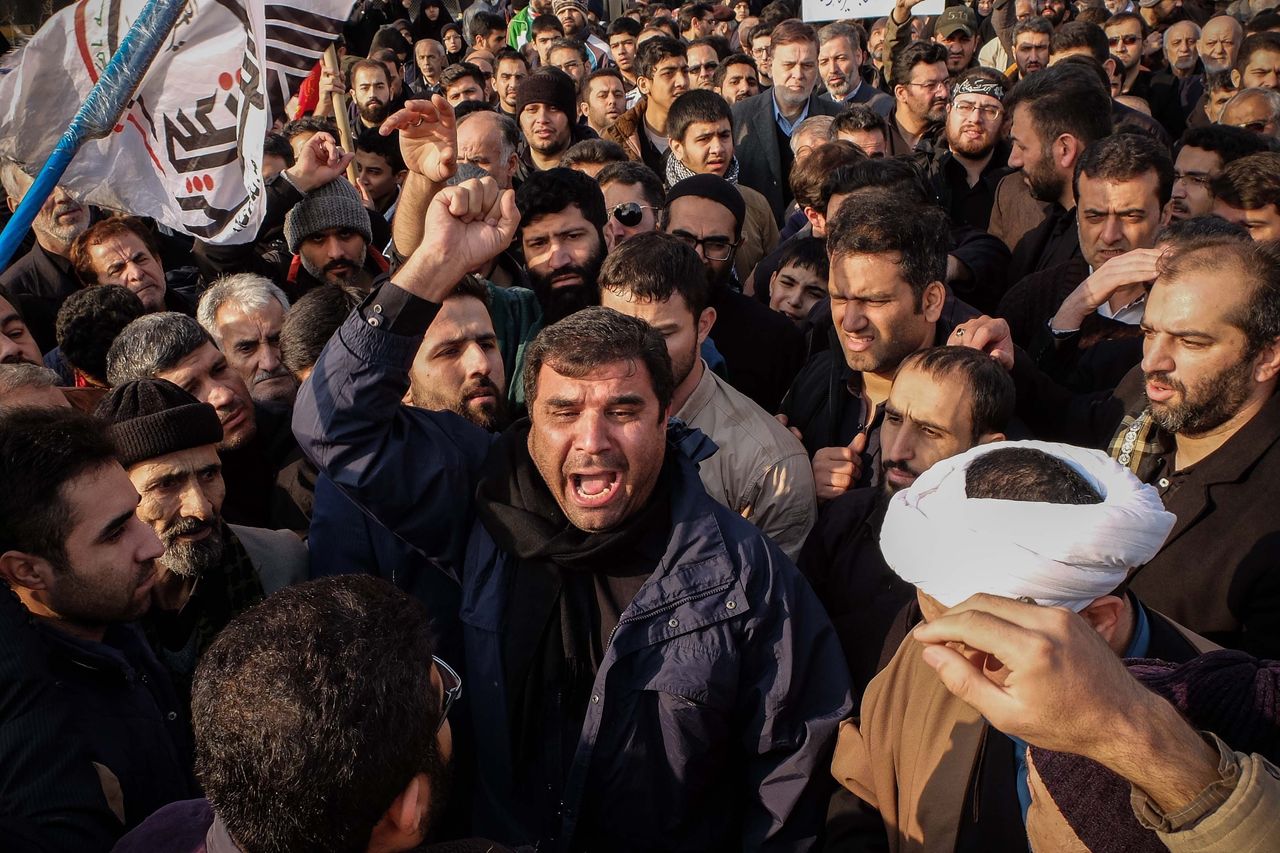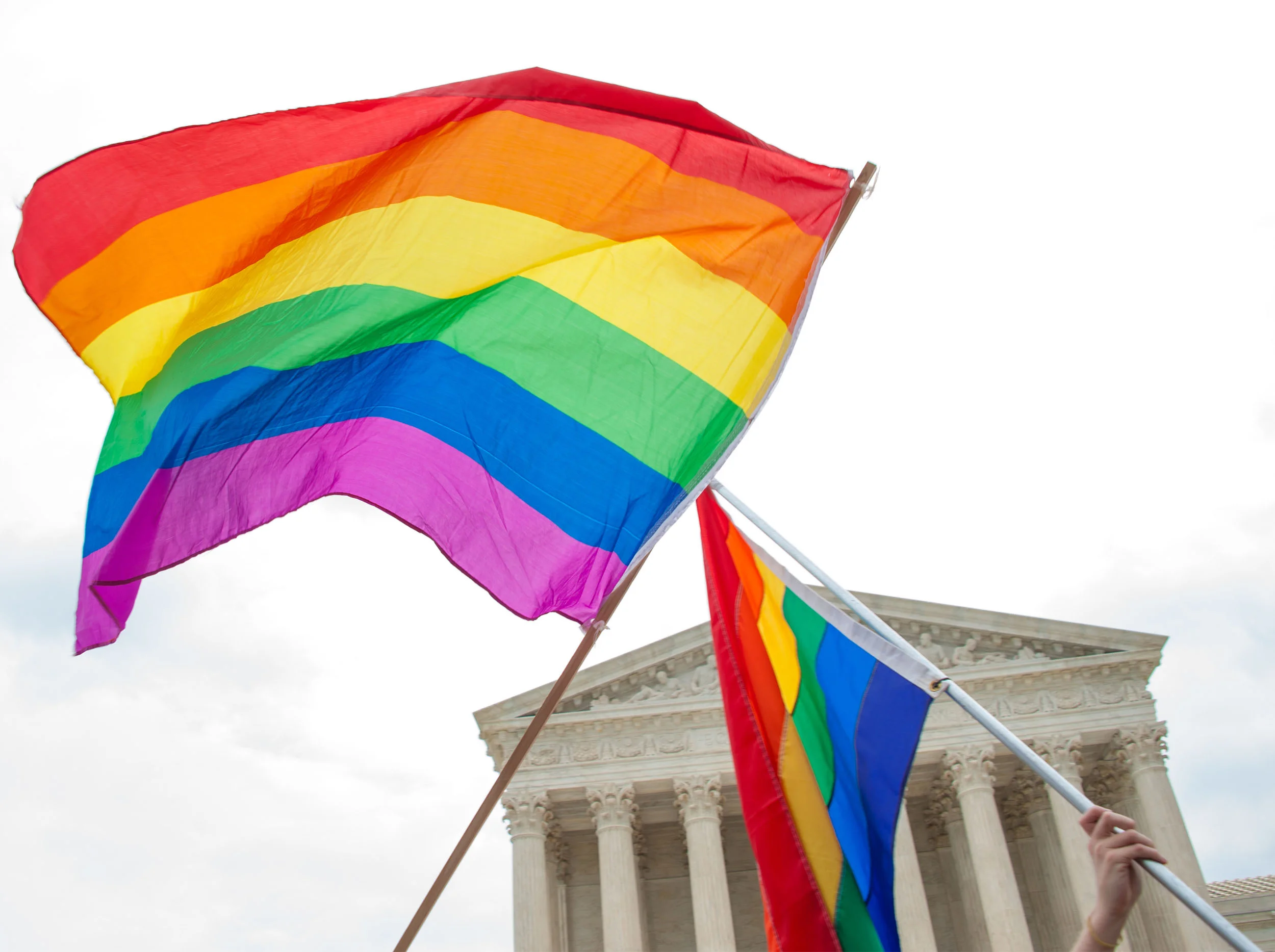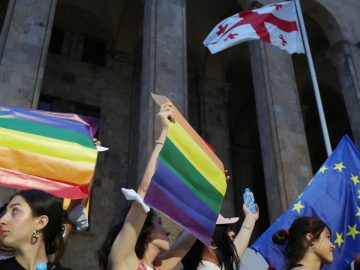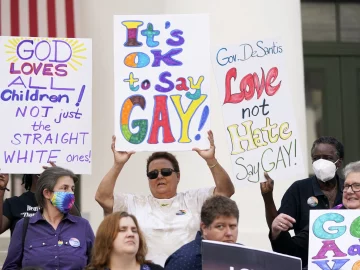The US State Department noted that the recently approved legislation by the Iraqi parliament that makes something a criminal offense same-sex relationships represents a significant challenge to human rights and freedoms. He also stressed that the law could weaken Iraq’s attractiveness to foreign investors.
International concern: criticism of the new LGBT law in Iraq by the European Union and the United States
The European Union and the United States have expressed deep concern over a recently enacted legislation by the Iraqi parliament that bans same-sex relationships. The document was approved by the majority of Iraqi deputies, who justified its need for the “protection of religious values.” This decision sparked intense debate and raised a wave of criticism both from the international community and within the country.
In their statements, the European Union and the United States emphasized that such a law contradicts global human rights standards and individual freedoms. They noted that it poses a serious threat to the basic principles of tolerance, equality and non-discrimination, which must be protected in every society.
Despite this, Iraqi authorities support the law, considering it necessary to maintain traditional values and religious harmony in the country. However, in light of the strong reaction from the international community, the future of this law and its impact on Iraqi society remains the subject of intense discussion and debate.

Under the new law, same-sex relations carry imprisonment terms varying between 10 and 15 years as well as a minimum seven-year sentence for “homosexual propaganda” or prostitution.
The US State Department warned that the law could discourage foreign investors, such as “global enterprises have already emphasized that such discrimination may have adverse effects on business and economic development.”
The fight for LGBT rights: criminalization of same-sex relationships and challenges in the international arena
According to information from the non-profit project Our World in Data, same-sex sexual relations are illegal in more than more than 60 nations globally.
The prohibition of consensual same-sex sexual activity continues to be an issue in numerous countries across the globe, prompting apprehension from the global community and human rights groups. Despite widespread recognition of LGBT rights and promotion of equality in some regions, there are a significant number of states where such relationships remain taboo and criminalized.
This has serious consequences not only for LGBT communities themselves, but also for society as a whole. The criminalization of same-sex relationships leads to systematic breaches of human rights and liberties, as well as an increase in the level of stigma and discrimination. Moreover, it prevents the development of an open and inclusive society where everyone can be accepted and respected irrespective of their sexual orientation or gender identity.

In light of international attention to human rights and equality, nations where same-sex relationships are criminalized are facing increasing pressure to change their policies and recognize LGBT rights. This causes debate and discussion both within countries and internationally.
However, the path to changing legislation and cultural attitudes varies from country to country and often requires time and effort to achieve real change. Human rights organizations and activists continue to work locally and internationally to raise awareness of this issue and promote respect and protection of the rights of the LGBT community around the world.




